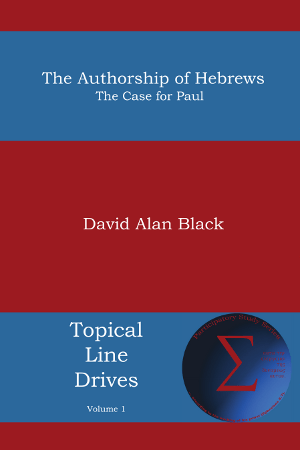(June 29, 2020) 8:10 PM Hello bloggers and bloggerettes! I was humbled to have been invited to speak to the Christian student organization at Princeton University in May. Obviously the trip had to be postponed to next year. There is a beautiful grassroots movement arising among the university students of our land. Thousands of young people are abandoning the Christendom paradigm of the church in order to become more authentic followers of Jesus. The irony is that, just as millions of American evangelicals are running away from science, many non-evangelicals are running away from it too. There are many reasons for this. One is the professionalization of the academy, beginning in the late 19th century. Biblical scholarship became the exclusive domain of graduate schools and seminaries. Another issue that divided evangelicals concerned the “scientific” approach to the Bible. Many evangelicals of the 20th century objected to methods that had originated in German scholarship. These methods were thought to call the authority, infallibility, and inerrancy of Scripture into question. However, believing critics began to accept these newer methods without their underlying presuppositions. They found both insights and errors in biblical scholarship. They called for renewed honesty in dealing with critical issues in the biblical text and began to integrate their findings into their faith journey. I believe that if evangelical Christianity is to shed its anti-intellectual and anti-scientific trappings, it also has to shed its isolated and divisive politics, since the former is the direct consequence of the latter. My professors in Basel combined heartfelt devotion to Christ with a love of theology. They practiced a rigorous intellectual life and embraced cutting edge science. I believe it is indeed possible to enter the intellectual centers of society (like Princeton) without compromising the Gospel and the authority of Scripture. God, after all, is the author of both science and the Bible. I’m not advocating for an intellectual elite or arguing that the life of the mind is more important than that of the heart. The effort to think Christianly is simply an effort to take the sovereignty and providence of God over the world seriously. By contrast, the trend of political activism moves people to shut down their minds, to reject public discourse, and to drive a wedge between Christian thinking and Christian doing. As Christians, we are called to love the Lord our God with all our minds. At the very least, this would involve an effort to think across the whole spectrum of modern academia (history, philosophy, science, linguistics, politics, medicine, ethics) within a specific Christian framework.
All this and more is what I would have spoken about at Princeton. The mind, the arts, the sciences — all these spheres are created by God and sustained by his glory. A vision of education that pits Christian intellectual inquiry against “secular” intellectual inquiry will only deepen the chasm between the church and the world.
Blessings on you all, and keep growing, thinking, and loving!
Dave
(From Dave Black Online. Used by permission. David Alan Black is author of a number of Energion Titles including The Jesus Paradigm, Seven Marks of a New Testament Church, and The Authorship of Hebrews: The Case for Paul.)











